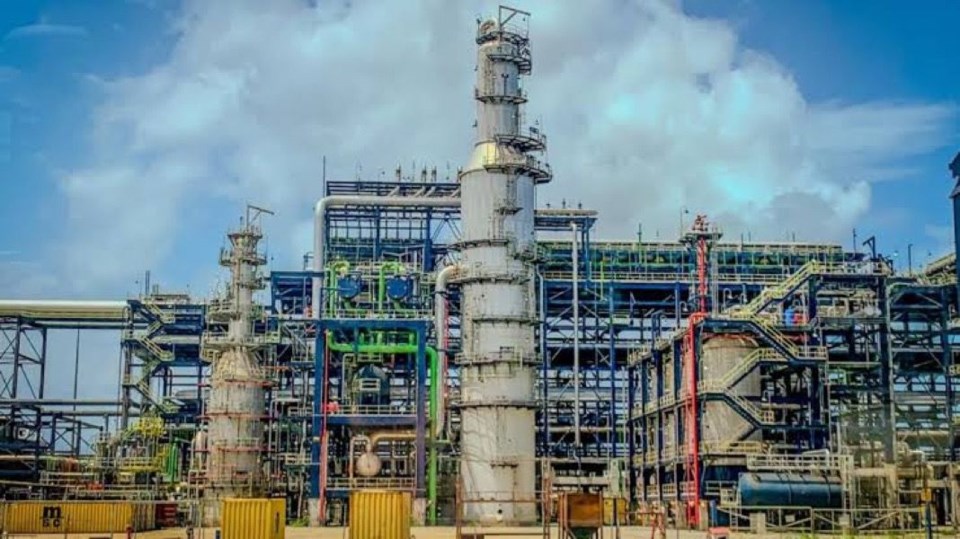ALIKO Dangote, the Chairman of the Dangote Group, has announced his willingness to sell the $20 billion Dangote Refinery to the Nigerian National Petroleum Corporation (NNPC) Limited.
According to media reports, in a recent interview, Dangote expressed his readiness to let NNPCL take over the refinery.
“Let them (NNPCL) buy me out and run the refinery the best way they can. They have labelled me a monopolist. That’s an incorrect and unfair allegation, but it’s okay. If they buy me out, at least, their so-called monopolist would be out of the way.
“We have been facing fuel crisis since the 70s. This refinery can help in resolving the problem but it does appear some people are uncomfortable that I am in the picture. So I am ready to let go, let the NNPC buy me out, run the refinery,” he said.
Dangote’s decision follows criticism from Farouk Ahmed, CEO of the Nigerian Midstream and Downstream Petroleum Regulatory Authority (NMDPRA), who accused Dangote of attempting to create a monopoly in the oil and gas sector.
Ahmed argued that the refinery, currently at 45% completion and still in the pre-commissioning stage, produces inferior products and that relying solely on it would jeopardise Nigeria’s energy security.
Ahmed highlighted that Dangote’s diesel fails to meet West Africa’s quality standards due to high sulphur content.
He emphasised that the country cannot depend on a single refinery and should continue to import petroleum products to ensure market stability and energy security.
The Dangote Refinery, situated in the Lekki Free Zone near Lagos, is one of the largest oil refineries globally, with a projected capacity of 650,000 barrels per day. The project aims to meet Nigeria’s domestic petroleum needs and reduce dependency on imports.



